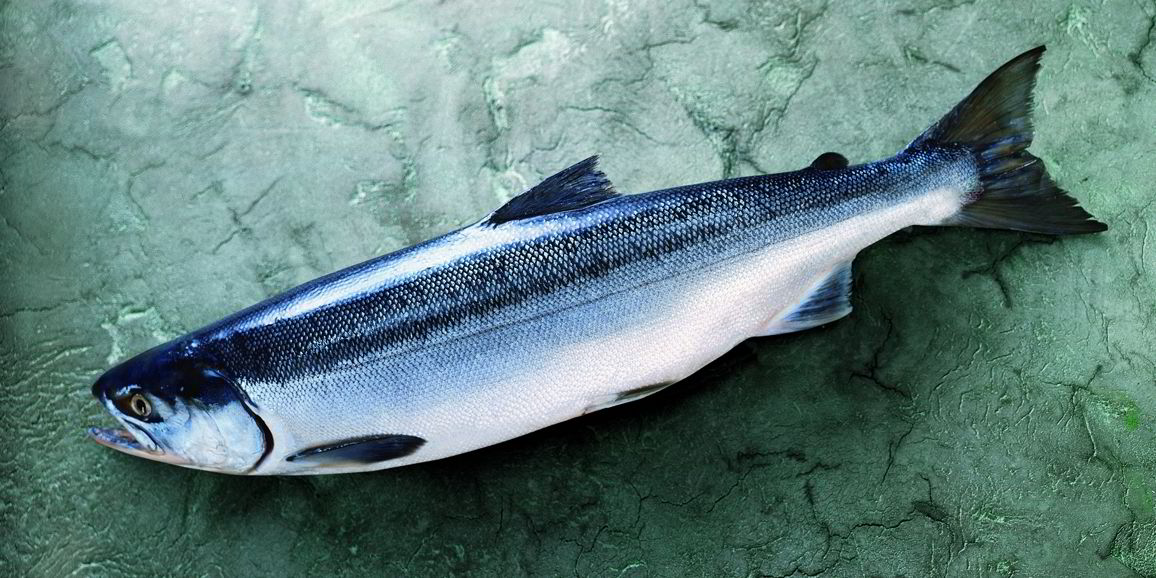Without specifically naming Alaska’s Pebble Mine, the Marine Stewardship Council (MSC) issued a statement in March that serves as a warning that development of the mine could be on a collision course with the MSC certification of Bristol Bay salmon.
The Pebble Mine saga has been dragging on since 2005, but here is it in a nutshell: The project is roundly opposed by Bristol Bay salmon fishermen and other Alaska fishing supporters and politicians. It is feared the operation of the mine could release waste into waters that now support the most abundant sockeye fishery in the world. The 2018 inshore Bristol Bay sockeye salmon run of 62.3 million fish was the largest on record. Its ex-vessel value exceeded $280 million (€249.5 million). It appeared development of the mine was unlikely to happen at all under the Obama administration, but efforts to get the mine constructed are flourishing under the Trump administration. The environmental review of the project is on a fast track now, and the next move comes May 30.
In its statement, the MSC is blunt: … [T]here are other human activities, over which fishers have no control, that have potential negative consequences for the longer-term sustainability of marine natural resources and could therefore prevent impacted fisheries achieving certification or jeopardize the certificates of already certified fisheries.”
And which human activities is the MSC talking about?
- Poor land-management practices that lead to run-off of sediment, pesticides and fertilizers that leads to coastal eutrophication, the proliferation of toxic algal blooms and an increasing likelihood of large-scale anoxia events.
- Exploitation of geological resources (i.e. mining or hydrocarbon activities) in river catchments leading to increased sediment contamination and pollution from heavy metals in coastal zones leading to toxic effects or bioaccumulation of toxins in fish and shellfish.
- Mining and aggregate extraction can lead to alteration of critical habitats, inshore and off shore, important for the recruitment of commercially harvested species.
- Hydrocarbon exploration leading to localized contamination or wide-spread pollution from spillage, other associated activities such as cable and pipeline laying on the seabed.
With the deadline for comments on the Army Corps of Engineers’ draft environmental impact statement just less than 8 weeks away, opponents are working to raise awareness.
While there is no reason to give up hope that this mine project can be stopped or altered, there is growing concern that it will go through. And then what?
Maybe worrying about the likelihood that the fishery could lose its MSC certification is just me missing the big picture. The worst case scenario is much more depressing: that the mine’s waste destroys the waters in Bristol Bay to the point they can’t support the salmon fishery in the manner we have experienced for decades.
Nevertheless, it would be tragic if one of the world's most abundant fisheries became the test case for the MSC's reasonable and justifiable policy.
Any comments, complaints, retaliatory rants, please feel free to email me at: john.fiorillo@intrafish.com.


